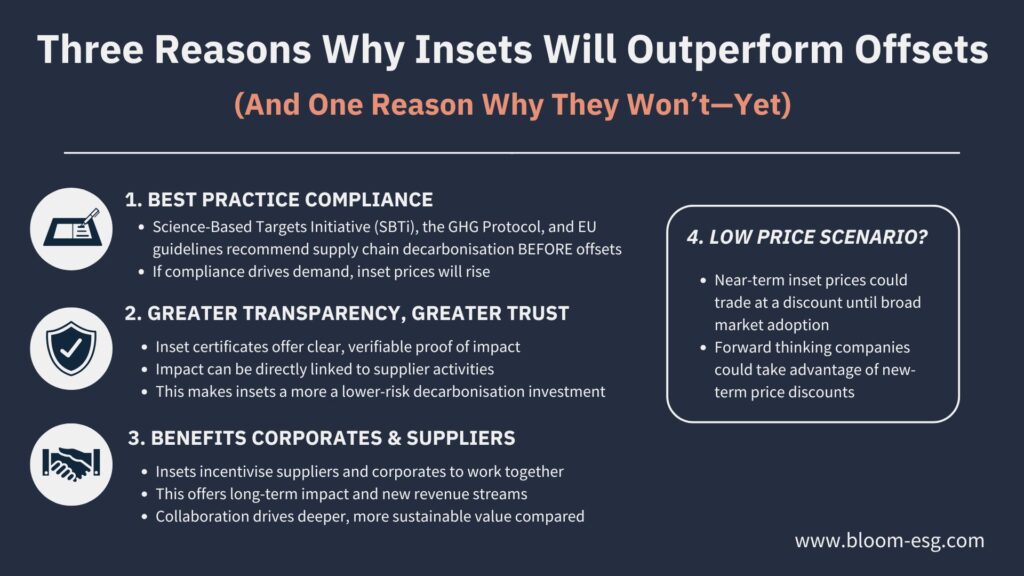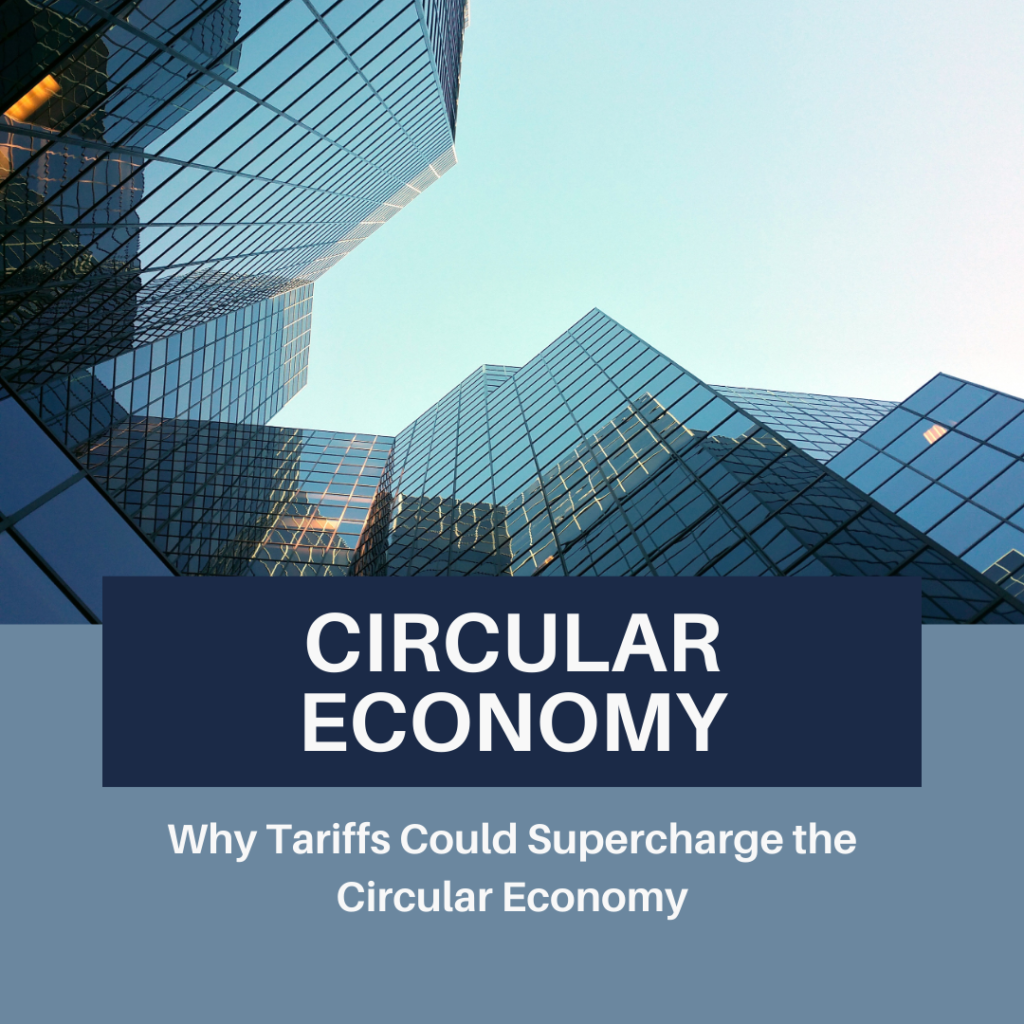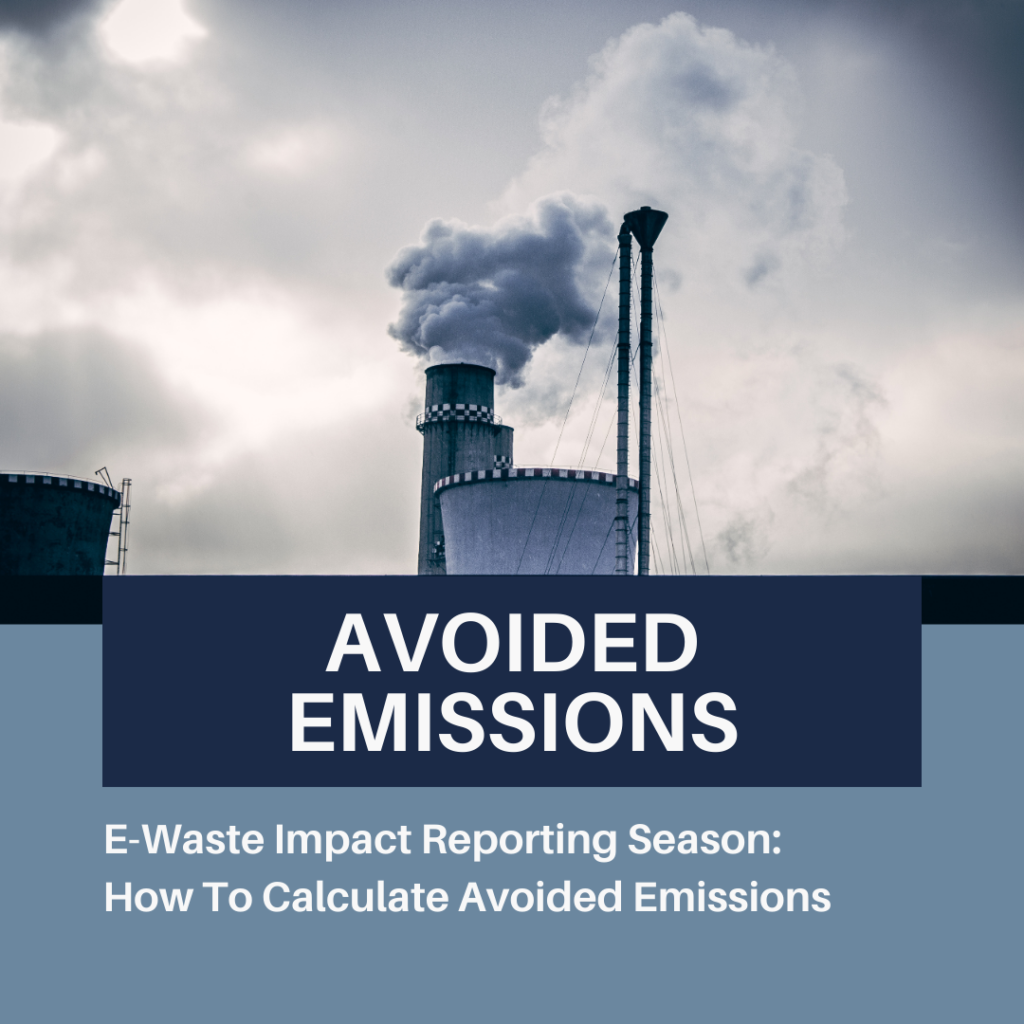Carbon insets are emerging as a game-changer in corporate decarbonisation strategies—and they’re set to command a premium over traditional carbon credits. Here’s why we expect them to trade at a premium…
What Are Carbon Insets?
Unlike offsets, which reduce emissions outside a company’s value chain, insets focus on supply chain decarbonisation. This means companies can claim emissions reductions directly linked to their operations, creating a more integrated and accountable approach to climate action.
Three Reasons Insets Will Be More Valuable Than Offsets (and one reason why they might not – yet):
📜 Regulations Are Pushing Companies Towards Insetting
Frameworks like the Science-Based Targets Initiative (SBTi), the GHG Protocol, and EU guidelines prioritise supply chain decarbonisation over offsets. With compliance driving demand, inset prices will naturally rise.
✅ Greater Transparency = Greater Trust
Unlike traditional offsets, which can suffer from credibility issues, insets provide clear, verifiable proof of impact. This makes them a more attractive, lower-risk investment.
🤝 A Win-Win for Businesses and Suppliers
Insets incentivise suppliers and corporates to work together, creating long-term impact and new revenue streams. This collaboration drives deeper, more sustainable value compared to one-time carbon credit purchases.
The One Reason Insets Might Trade Lower (For Now)
In the short term, insets will likely be positioned as a cost-saving alternative to carbon credits. To encourage adoption, companies may price them competitively, making it easier for businesses to transition away from offsets.

The Long-Term Outlook
As the market matures and companies realise the full value of insetting, demand will push prices higher. Insets aren’t just another sustainability tool—they’re the future of corporate climate strategy. The real question isn’t if they will trade at a premium, but when.

Sebastian Foot
Co-founder of Bloom Sustainability Advisors.20+ years sustainable finance experience.



